From Learners to Leaders:
Students Share about their Experience with Digitability
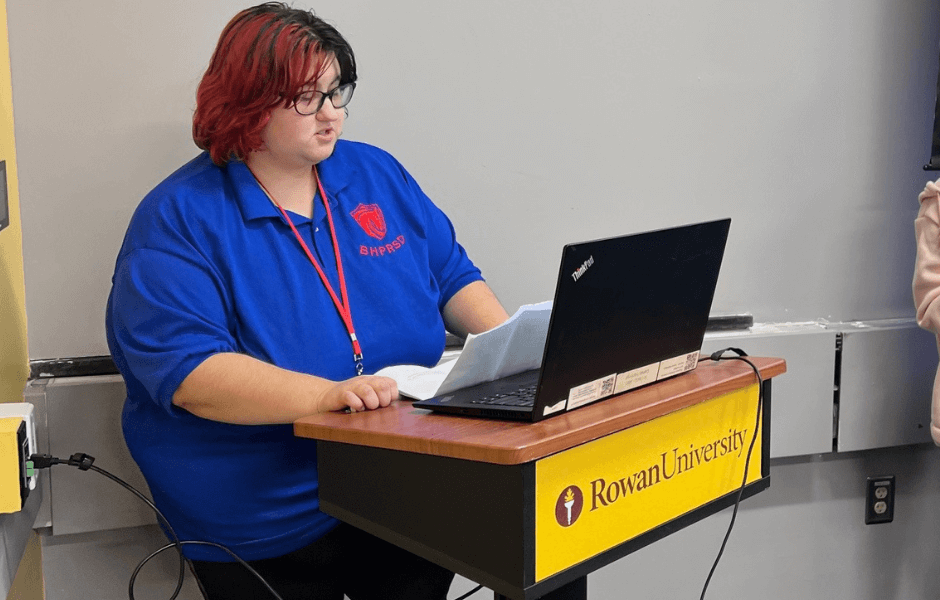
Written by Emily Dempsey, Special Education Teacher and Buddy Club Sponsor at Triton Regional High School
Recently, during the "Dare to Dream" regional conference with their peers, my high school aged learners had an opportunity to share why it is important to “know a little about a lot." Learners explained their experiences with successful workplace behaviors and skills they have learned from our use of Digitability's comprehensive life skills curriculum.
In their presentation, they discussed how learning to utilize successful, work-ready behaviors will help them gain employment in the future. Some of the successful workplace behaviors learners discussed included staying on task, collaborating with others, and problem solving. Each of these behaviors and more are covered explicitly within the differentiated lesson plans provided within the Digitability curriculum. Learners are able to practice these skills and more in functional and incidental ways within the classroom, through regular outings within their local community, and at home.
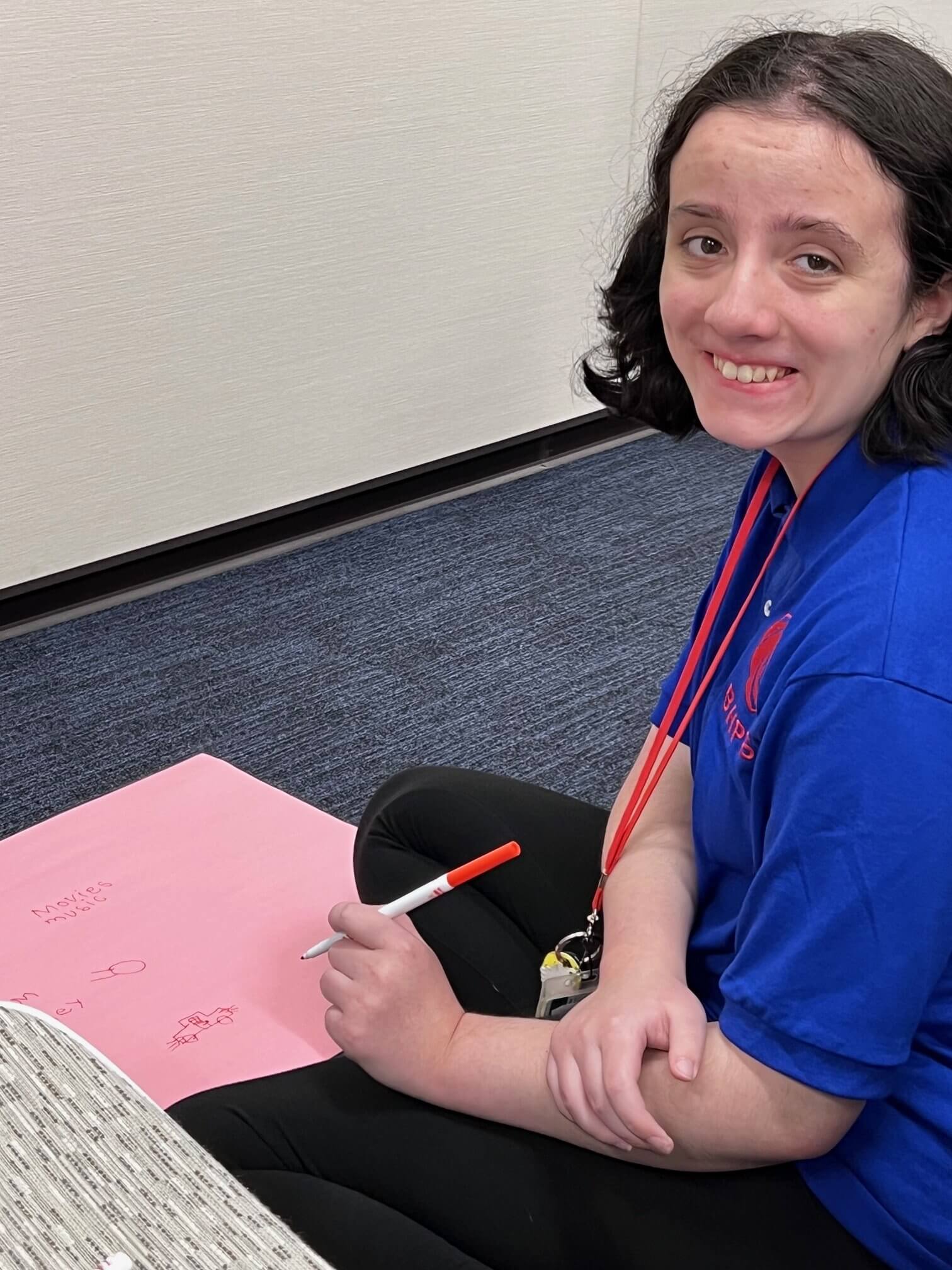
How Does Bankability Work?
During the conference, the learners recounted how they use the Bankability system as a classroom economy system. Students using Bankability have the opportunity to practice real world skills such as online banking, budgeting, and tracking their income. They earn virtual dollars by exhibiting successful classroom behaviors and as income through Digitability Work Simulations. The sums are directly deposited into their checking accounts on the 1st and 15th of each month- just like a real paycheck! From there, the students are able to pay classroom bills and purchase rewards and privileges, such as snacks or free time.
Get Your FREE Quote Today!
With lesson plans from Bankability, students are also able to learn about and practice other essential skills such as differentiating between wants and needs, problem-solving, and self-advocacy. These are all skills they will need long after they have left school, and the ability to practice these skills in a safe, controlled environment helps ensure they will be as independent as possible in the real world.
During the conference, the students received many questions about the economy, including if they’d have to keep paying bills. I was proud to see my learners explain to their peers that they of course have to keep paying bills, but they try to budget for the fun items, as well! The opportunity to practice 21st century financial skills helps set them up for success in the future.
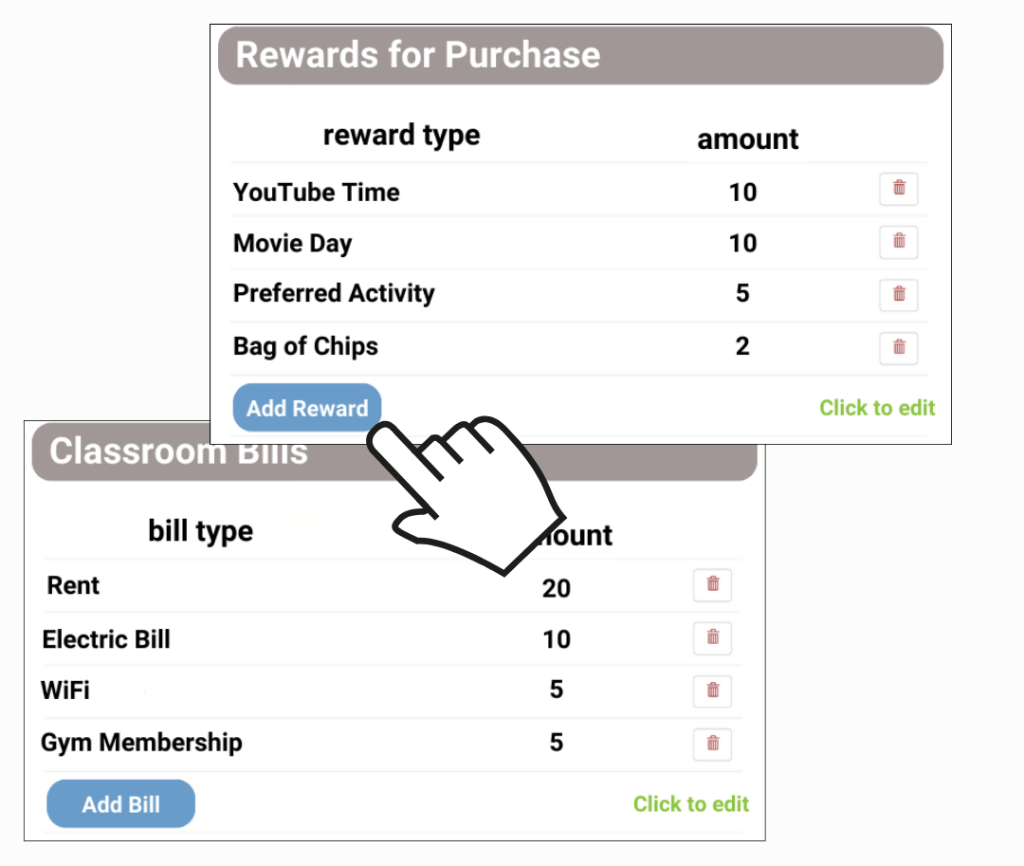
Beyond Theory to Practical Skills
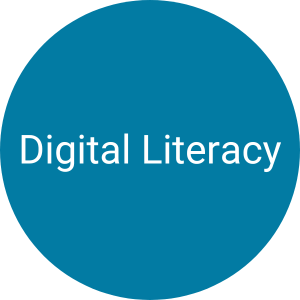
- Sharing & Connecting Online
- Using Online Accounts
- Workplace Technology
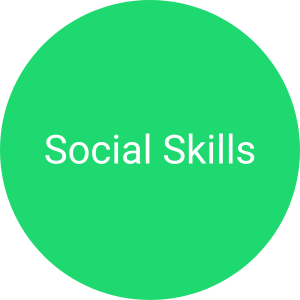
- Flexible Thinking/Problem Solving
- Active Listening
- Interpreting Directions
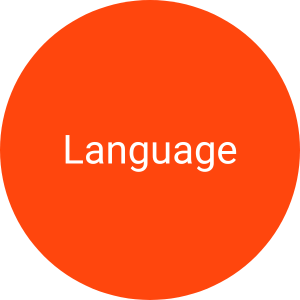
- Expressive/Receptive Language
- Workplace Communication
- Giving, Receiving, & Interpreting Feedback
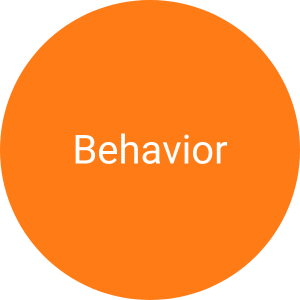
- Self-regulation
- Self-advocacy
- Time-on-task Attendance
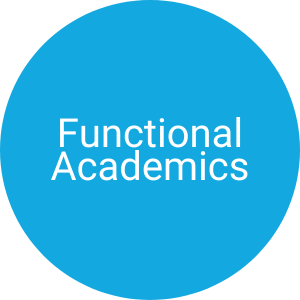
- Reading
- Writing
- Financial Literacy (Earning, Spending, & Saving)
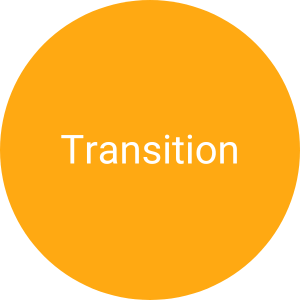
- Interviewing
- Applying for Jobs
- Digital Projects
Use of the Digitabilty program has helped the learners in my classroom lean on the knowledge of the aforementioned successful behaviors, and more, in order to help them reach their own potential. As my learners demonstrated throughout the conference, with these behaviors, understanding of budgeting and economy, and with some perseverance and hard work, they will be set up for successful, gainful employment as they enter the workforce in coming years.
About Digitability
You may also be interested in...
